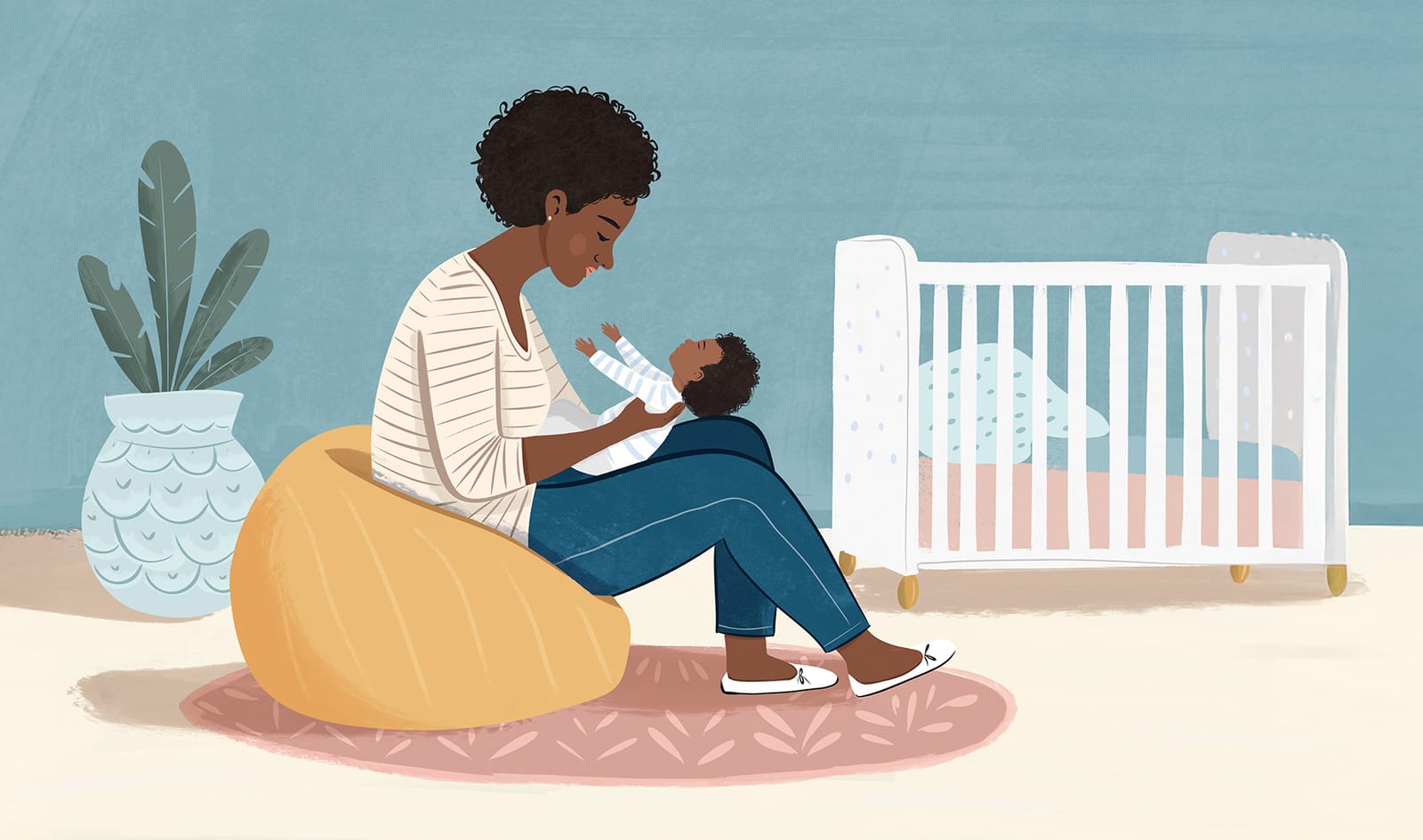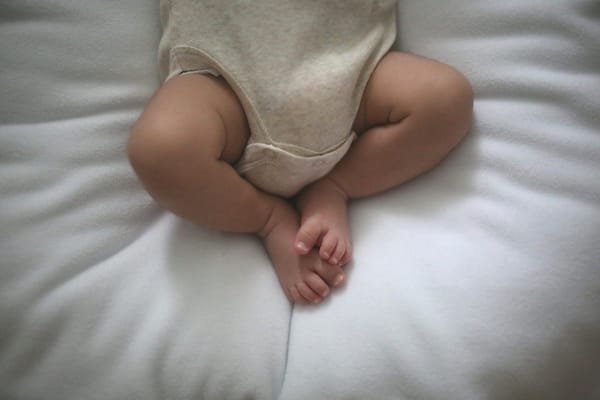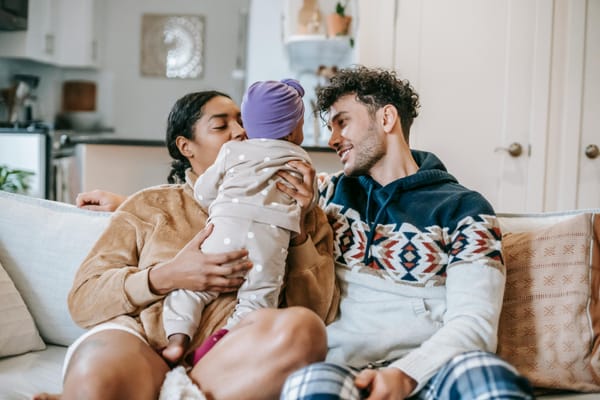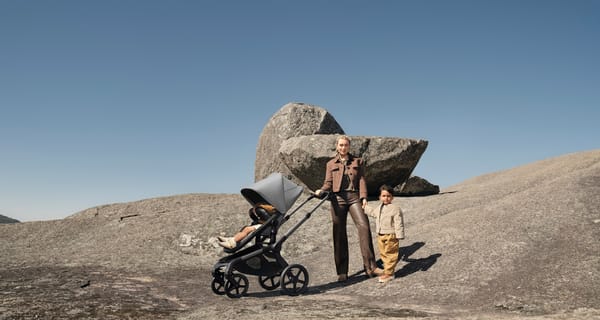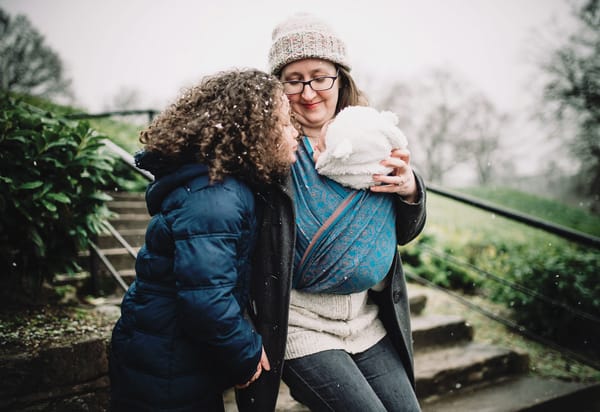When I became pregnant with my first child at 29, I knew exactly how I didn't want to be. As an adoptee and a social worker, I was determined to get it 'right'. I read every magazine (yes, including The Green Parent!), devoured every book, and listened to every podcast I could. I was desperate to feed him right, clothe him right, but above all, 'love' him right.
With all the conflicting advice swirling around my head, I was struggling. My own instincts were telling me one thing, but the experts frequently seemed to say another. So often, parents are told to ignore those deep, intuitive feelings, resigning themselves to the idea that it's because of their own attachment needs that they refuse to allow their child to gain resilience by acting too permissively and loving them too much.
But over the sleepless months, and as I added to my brood from one, to two, to eventually three, I had a profound realisation. My intuition wasn't a flaw to be managed; it was my greatest strength.
Part of the therapeutic work I do with children and families is to help them to understand their own stories; to provide context, reduce blame, and understand how their past has shaped them but does not define them, so they can formulate a future full of promise and confidence. This work has made me so passionate about providing support to those of us who have experienced early adversity to break the cycle and forge a new path. It’s about finding the strength to truly trust our intuition, even when our history and role models have told us otherwise. It takes immense courage to challenge that narrative, but for the sake of our children, it's a task we must embrace.
By truly listening to the advice I was giving the families I worked with, I realised I needed to offer that same compassion to myself. For me, this meant I had to learn to nurture myself. To give myself a break in the tough moments and to let go of the impossible standards I had set. I began to understand that 'perfect' parenting is not only unachievable, but it isn't even healthy. The research of developmental psychologist Ed Tronick, for example, shows that the foundation of a secure attachment isn't about being perfectly in-sync with our children all the time, but in our ability to 'repair' the connection after a moment of disconnect. It is in these messy, imperfect moments of rupture and repair that true, resilient connection is built. It was a revelation that gave me permission to finally embrace the chaos.
I realised that the most important work I could do for my children was not to follow another set of rules, but to gently tend to my own garden. It was about nurturing my own roots. This meant looking inward with compassion, understanding my own story, and learning to be the calm, supportive parent to myself that I so desperately wanted to be for them.
It turns out, the secret that I was so desperately searching for was not a secret at all. The definitive, perfect parenting manual doesn't exist on a shelf, because it can't. It can only be written from the beautiful, messy interplay of knowing your child, and knowing yourself. And it's a story that never truly ends; each chapter is full of unanswered questions that we will continue to write, until the day our own story becomes the start of our children's.
Sarah Vermeire is a social worker and founder of Nurtured Roots. Drawing on nearly two decades of experience supporting families, she created the ‘Nurtured Roots’ guided journal to help parents heal their own story. She lives in Leicestershire with her husband, three incredible children and with her loving parents nearby. Find her at www.nurturedroots.uk and @nur.turedroots
This article appears in issue 127 of The Green Parent magazine. Sign up here for free account to download the whole magazine here.


